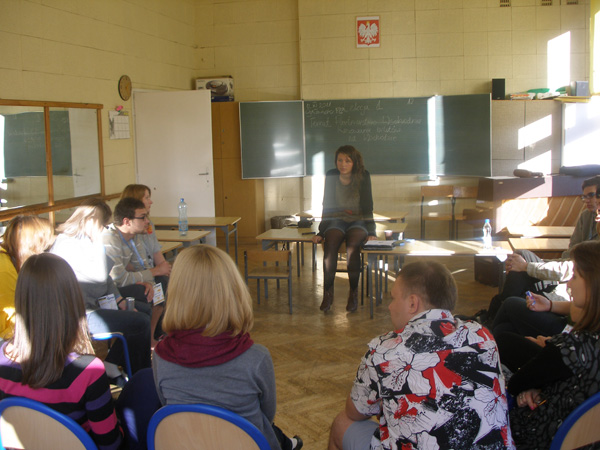“Radioactive” NWM held in Gdańsk on 11-13th November 2011 has gone into history and so did the workshop on Eastern Partnership.
Gdańsk is the city where Polish anticommunist movement “Solidarity” was born in the 80`s under the leadership of Lech Wałęsa, it was a perfect place to have a discussion on Eastern Partnership. Back in the 80`s thanks to “Solidarność” and its values of unity and support, huge changes in the European geopolitics were made. The idea of solidarity was presented on the workshop about Eastern Partnership as well, bringing hope that EaP Project will initiate great changes too.
Solidarity refers to ties in society and social relations binding people. Partnership means cooperation and finding common solutions. These two words were integrated in Gdańsk together with Eastern dimension bringing up a visible unity with Eastern Partnership Countries * and the idea of our Project.
After introduction about Eastern Partnership policies, conflicts in Caucasus region and general situation with democracy, civic society development, mobility and visa issues, a huge support was given to the ideas of Eastern Partnership Project.
First thing that needs to be done is visa facilitation to enable easier integration. Second one is civic society support and development. Third one is informing European citizens about the Eastern Partnership issue.
To support it and be solidary with the idea one has to be informed about it. This point can be easily solved within Eastern Partnership Action Days. Action Days shall make familiar Europeans with the EaP countries, show the support of democratic changes there, unite European Union values and finally create a social tie with Eastern Partership countries.
As a consequent result it will cause a positive irradiation of Eastern Partnership Project, push AEGEE people to get into agreement with its ideas and initiate the changes that we want to foster, just like “Solidarność” did 30 years ago in Poland.
* – Armenia, Azerbajan, Belarus, Georgia, Moldova, Ukraine
written by Agata Kalek, AEGEE-Poznan




